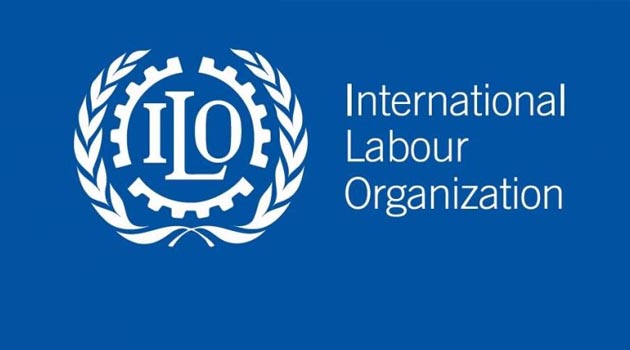India must improve wage policies for inclusive growth
The International Labour Organisation said that India needs to improve its wage policies to promote “inclusive growth” even as low pay, gender wage gap and informality remain pervasive.
“Low pay and wage inequality remain a serious challenge to India’s path to achieving decent working conditions and inclusive growth,” ILO said in its ‘India Wage Report: Wage policies for decent work and inclusive growth’, released recently.
According to the report, about 33 per cent i.e. 62 million workers were paid less than the indicative national minimum wage, and the rate of low pay was higher among women.
“Daily wages increased rapidly for casual workers, workers from rural areas, unorganised sector and female workers. Nonetheless, low pay remains pervasive and wage inequality is still very high,” ILO said citing the National Sample Survey Office (NSSO) estimates which indicate the real daily wage doubled between 1993-94 and 2011-12.
As per the Employment and Unemployment Survey (EUS) of National Sample Survey Office (NSSO), in 2011-12, the average wage in India is about Rs 247 per day and the average wage of casual workers was estimated at Rs 143 per day.
“Only a limited number of regular/salaried workers, mostly in urban areas and highly skilled professionals earn substantially higher average wages. Daily wages in urban areas remain more than twice as high as wages in rural areas,” the ILO report said.
“The gender wage gap remains high by international standards, despite having declined from 48 per cent in 1993-94 to 34 per cent in 2011-12. This gender wage gap can be observed among all types of workers: regular and casual, urban and rural. Of all worker groups, the average daily wages of casual rural female workers is the lowest: Rs 104 per day,” it said.


